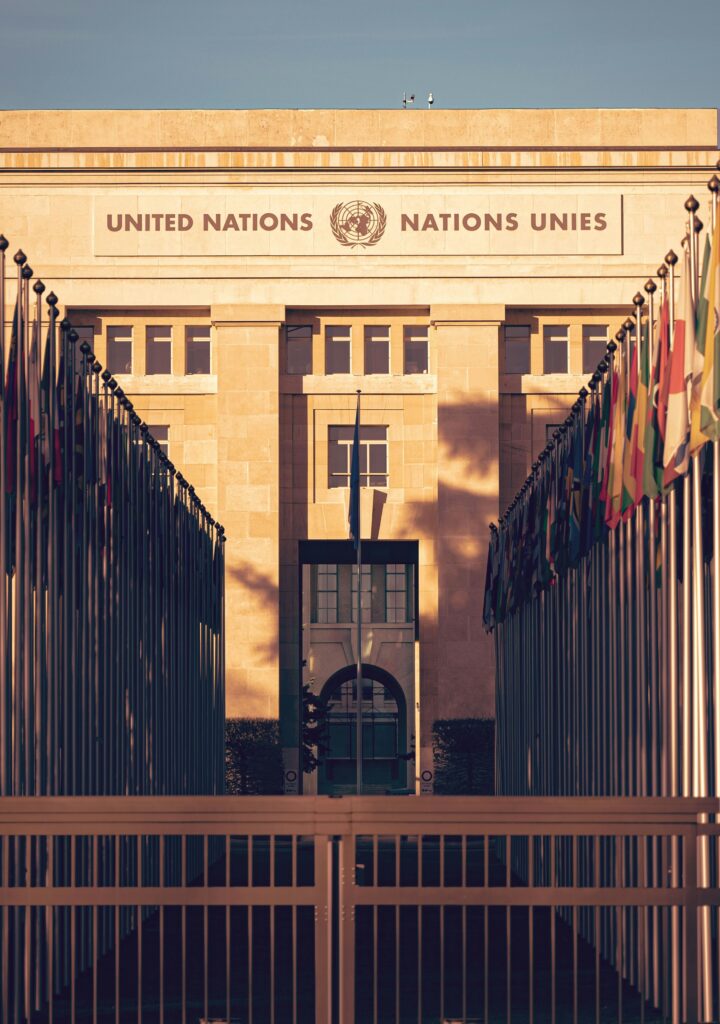The United Nations Office on Drugs and Crime recently issued a paper on Organised Fraud. The paper looks closely at how fraud has changed and adapted with technological changes, how organised crime uses it and the damage it does to people, economies and prosperity worldwide.
The paper created a broad definition of fraud to cover the variety of laws in different countries. It describes it as “fraud that deliberately uses deception by any method or medium with the intent to make a wrongful financial or other material gain and which causes detriment to another”.
It describes an “organized criminal group” as defined in article 2 (a) of the Organized Crime Convention as
“a structured group of three or more persons, existing for a period of time and acting in concert with the aim of committing one or more serious crimes or offences established in accordance with the Convention, in order to obtain, directly or indirectly, a financial or other material benefit.”
The report noted that modern technology has industrialised fraud methodologies that have long been in existence and also automating many laborious processes. In addition the availability of encryption tools played an important role in enabling cybercrimes, anonymizing the fraudsters, all using legally available technology.
In order to combat organised crime, the report recommended a multi -pronged approach:
• Legislation – adoption of clear and robust legal framework (it varies country to country)
• Law enforcement should adopt the following strategies:
Assessing and Targeting organised Fraud
Criminal investigation – report notes that in many regions the police are not equipped to address the growth in cyber fraud.
Disruption – a more proactive approach by law enforcement to disrupt organised crime
International Co-operation
Diverse Workforce (in law enforcement) – to improve the poor experience of women and persons from diverse backgrounds in co-operating with the police.
Intelligence Led Policing – improve the data collection, sharing and analysis to identify patterns, connect separate offences and locate/identify potential suspects.
Prevention
The report noted that: “effective crime prevention is contingent not only on developing more secure systems, but also on equipping the public and business community with the knowledge, awareness and capabilities to defend against fraud. Fraud is highly diverse and continuously evolving, and the effectiveness of education and awareness-raising campaigns lies in public messaging that is succinct and clear enough to influence public behaviours and vigilance”
In addition it recommends the following:
• Better Collection of Data
• Centralized Fraud Reporting
• Integrating Data Sets – the sharing of information between countries is essential to prevent, identify and investigate suspects.
• Public-Private Sector Partnerships – better co-operation between law enforcement and private sector such as the financial institutions and technology companies to help prevent and investigate fraud.
Conclusion
The above is just a brief overview of a comprehensive report on fraud and its use by Organised Crime. Perhaps the key messages are better co-operation amongst nations, better training for law enforcement and a greater focus on the victims. This would assist with combatting a crime that cost countries billions of pounds each year, as well as destroying many lives. Finally as ever prevention is better than cure.
The full report can be found here:



